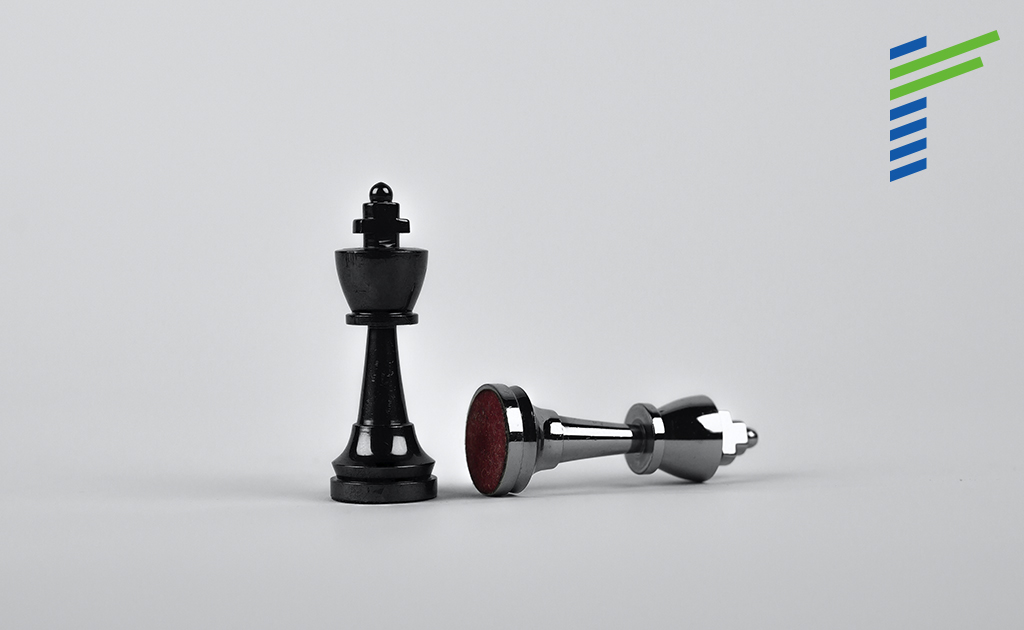However, that’s not a sustainable strategy. Long periods of work may not lead to improved productivity. Instead, it could lead to increased levels of distraction, ill-health and, ultimately, lower productivity.
The COVID-19 pandemic has complicated the lives of managers further. The pandemic has abruptly changed the way companies work, and managers now find themselves working without an instruction manual and dealing with additional stressors such as:
- A workforce struggling to adapt to virtual technologies
- Communicating effectively with a distributed team
- Feelings of isolation and uncertainty that sap productivity and motivation
- The thinning wall between personal life and work
Key tactics to boost productivity
One of the most important tasks we work on as consultants is to improve the productivity of everyone in a company, from workers doing repetitive jobs to top management.
For ground-level workers, eliminating non-value-adding activities is usually a good way to improve productivity. However, for those in supervisory and management roles, the key is to improve the effectiveness of the way they work.
In his article, Managing Yourself: Extreme Productivity, Robert C. Pozen sets out six straightforward principles for executives to follow, with practical tips to put them into action. They are:
- Know your comparative advantage
- It’s not the time you spend but the results you produce
- Think first, read or write second
- Prepare your plan but be ready to change it
- Let others own their space
- Keep things short and simple
Here are the three tactics managers should use to manage and improve their productivity:
-
Know your comparative advantage
The first is to know your comparative advantage – the things you can do more effectively than anyone else in the organisation. This awareness helps executives spend their time where it’s most valuable, rather than on tasks that could be completed just as well by someone else, perhaps on a lower salary.
-
Delegate work to the right people
He points out that in order to manage their time effectively it’s important for managers to identify what to delegate. I would add that it’s also essential to delegate effectively. When you make sure that the person you’re delegating the task to appreciates its purpose and value, they will take ownership of it and will put their energy into doing it well.
In their article Manage Your Energy, Not Your Time, Tony Schwartz and Catherine McCarthy observe that when someone is doing work that matters to them, “they typically feel more positive energy, focus better, and demonstrate greater perseverance”. This will help them prioritise activities, leading to better productivity while increasing job satisfaction.
Also, when you have the result of what you need to achieve in mind, staff at all levels can make the best use of their time.
-
Prepare your plan, but be prepared to change it
Another of Robert Pozen’s six principles worth mentioning here is to prepare your plan but be ready to change it. Again, I will take it a step further. It’s not just the individual executive that needs to make their own plans and be ready to change them as circumstances arise.
For a team or an entire organisation to be truly productive, it’s essential to work together to develop plans, but to be ready to change them as needed if unforeseen issues come up at the implementation stage. In this case, managers need to be quick to respond to the situation and take appropriate corrective action.
New reality, new leadership style
Despite the changes brought on by the pandemic, the points above remain relevant – even in a remote working environment.
However, in the New Normal, communication systems will be critical for companies as work activities move away from an office to a home-based environment.
Managers must adapt by:
- Showing flexibility
- Adjusting expectations for employee performance, engagement, and well-being
- Prioritising their well-being before they can take care of other people
At Renoir Consulting, we work with key stakeholders within our clients’ organisations to help them understand their roles and to create systems and processes to improve planning and management control – even if work takes place virtually.
This helps executives find more meaning and purpose in their work, leading to better ownership and more effective implementation.
Contact us for an appointment if you would like to start your organisation’s transformation journey.










